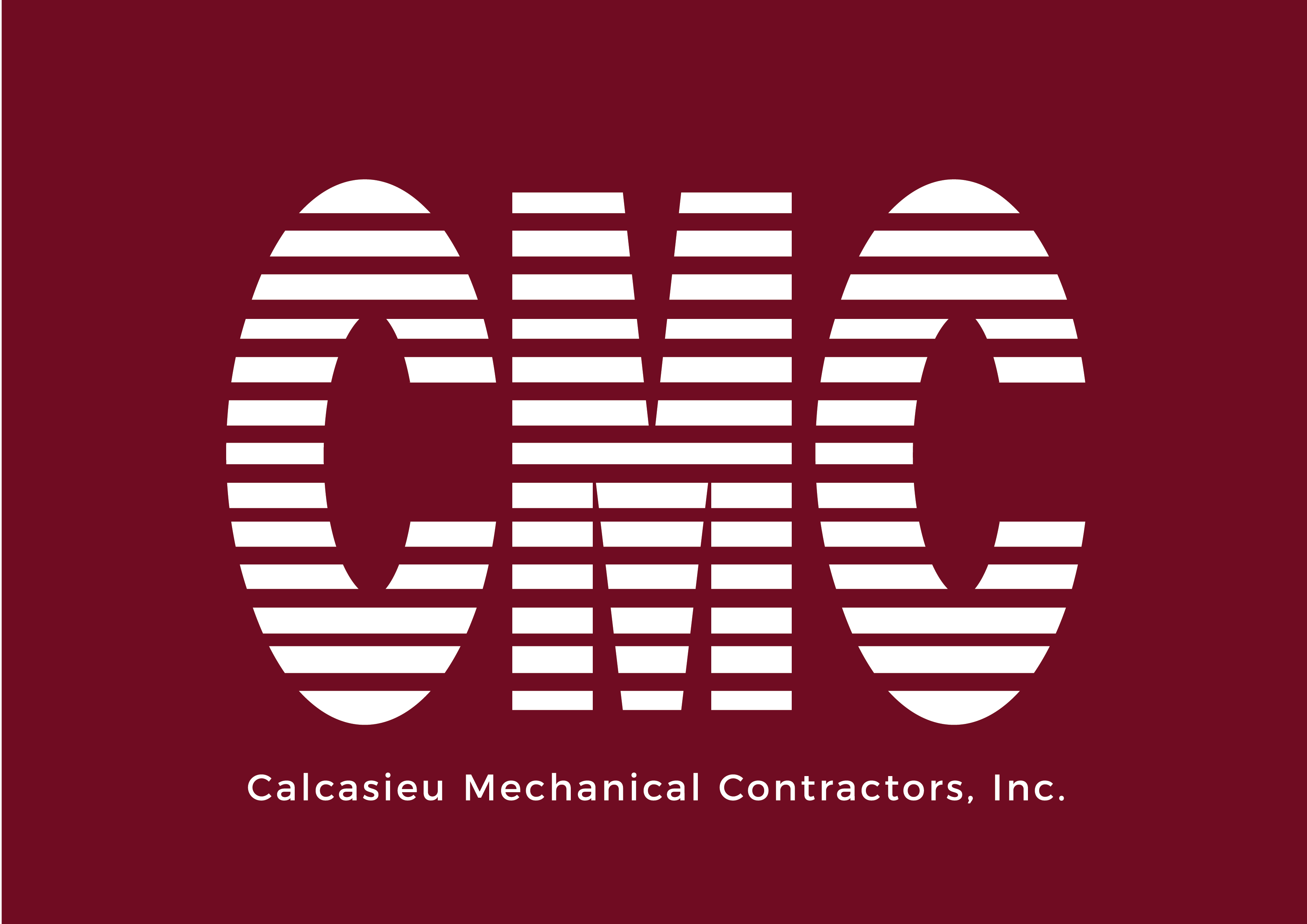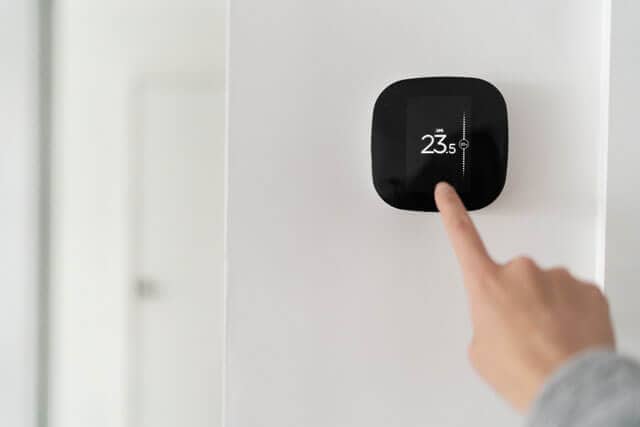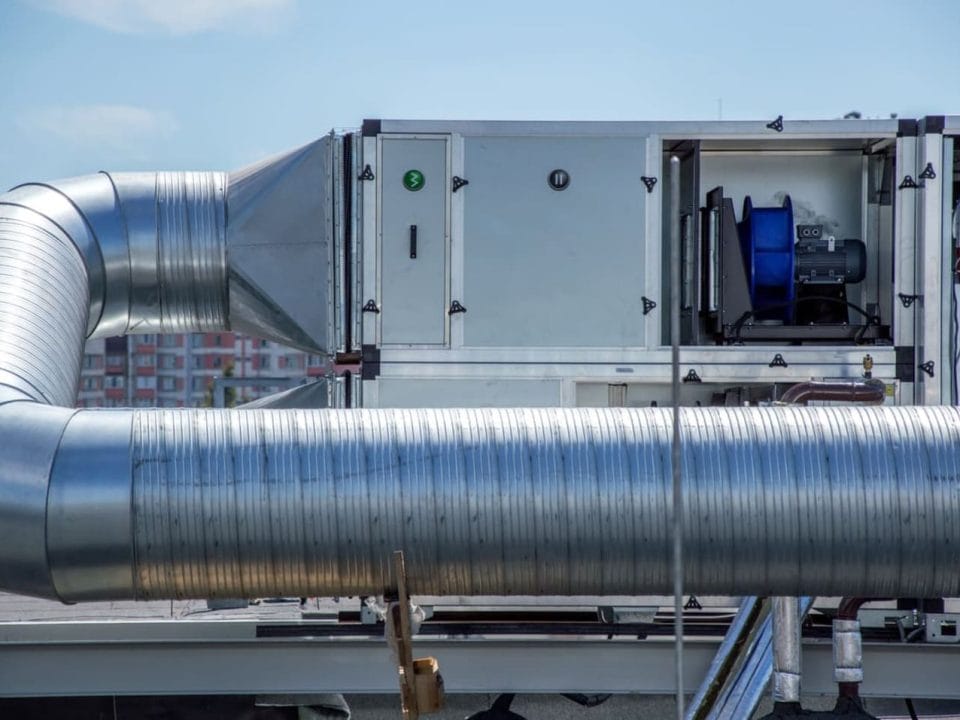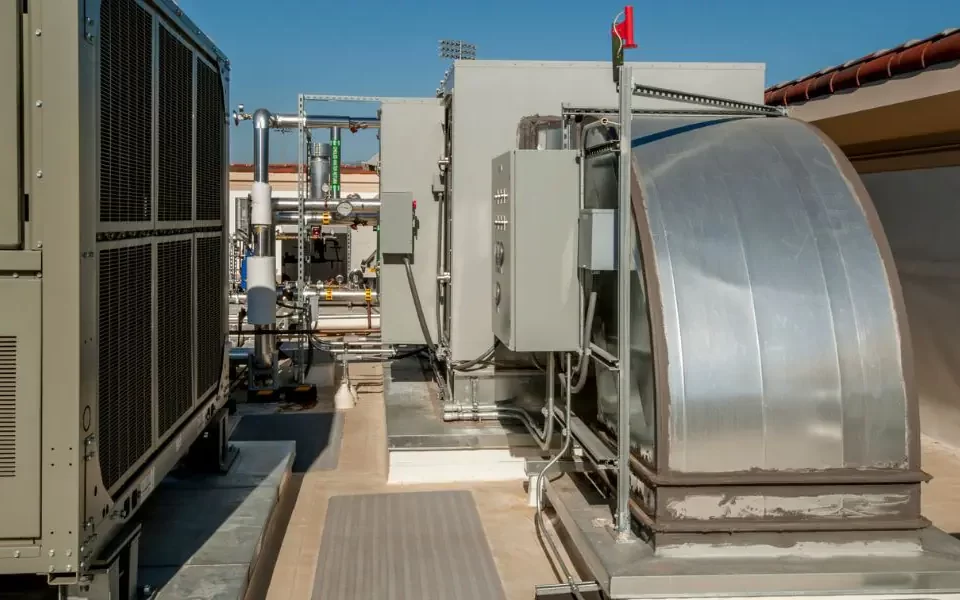
Precision Cooling for Precision Performance: Adapting HVAC Systems for Data Centers and Critical Infrastructure
November 19, 2024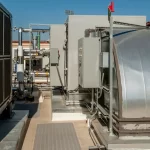
Understanding Load Calculations for Commercial HVAC Systems
December 3, 2024The HVAC industry is undergoing a technological revolution driven by the growing demand for efficiency, sustainability, and precision control. Smart HVAC systems are at the forefront of this transformation, leveraging advanced technologies like IoT, AI, and automation to optimize heating, ventilation, and air conditioning in real time.
For commercial, industrial, and military applications, where the stakes are high and energy costs significant, these systems offer unparalleled benefits. From remote monitoring to predictive maintenance, smart HVAC systems not only improve performance but also reduce costs and environmental impact.
In this blog, we’ll delve into the rise of smart HVAC systems, explore their key features, discuss their benefits across various industries, and examine how they are shaping the future of climate control.
What Are Smart HVAC Systems?
Smart HVAC systems represent the integration of advanced technology with traditional heating, ventilation, and air conditioning systems. They use sensors, controllers, and cloud-based software to provide precise environmental control and energy management.
- Key Features:
- IoT Sensors: Monitor temperature, humidity, air quality, and system performance in real time.
- Remote Access: Allows operators to control systems from anywhere using smartphones or computers.
- AI-Powered Analytics: Analyze data to optimize system performance and predict maintenance needs.
- Automation: Automatically adjust settings based on occupancy, weather conditions, or time of day.
By combining these technologies, smart HVAC systems offer a level of precision and control that was previously unattainable.
Benefits of Smart HVAC Systems Across Industries
Smart HVAC systems bring transformative benefits to commercial, industrial, and military environments, each with its unique challenges and requirements.
Commercial Buildings
- Energy Efficiency: Smart systems dynamically adjust heating and cooling based on occupancy patterns, reducing energy waste.
- Enhanced Comfort: Personalized climate settings ensure occupant satisfaction in offices, retail spaces, and hospitality venues.
- Cost Savings: Lower energy consumption translates to significant cost savings, especially for large commercial properties.
Industrial Facilities
- Precision Cooling: Critical areas like production lines or server rooms benefit from exact temperature control to prevent equipment damage or operational disruptions.
- Reduced Downtime: Predictive maintenance features minimize unexpected breakdowns by addressing issues before they escalate.
- Compliance: Maintain consistent air quality and temperature standards required for sensitive manufacturing processes.
Military Applications
- Durability in Extreme Environments: Smart HVAC systems are built to perform in challenging climates, from desert bases to arctic outposts.
- Operational Continuity: Reliable systems ensure uninterrupted operations in mission-critical scenarios.
- Energy Independence: With the ability to integrate renewable energy sources, smart HVAC systems reduce dependency on external power grids.
How Smart HVAC Systems Optimize Energy Efficiency
Energy efficiency is one of the primary drivers of smart HVAC adoption. These systems are designed to minimize energy waste while maximizing performance through several key mechanisms:
- Dynamic Temperature Control:
- Sensors detect real-time changes in occupancy and adjust heating or cooling to match demand.
- Zoned HVAC systems allow different areas of a building to operate independently, preventing energy waste.
- Integration with Renewable Energy:
- Smart systems can synchronize with solar panels or wind turbines, using renewable energy during peak availability.
- Load Shedding:
- During peak energy usage periods, systems can reduce non-essential loads, cutting costs without sacrificing comfort.
- Data-Driven Optimization:
- AI algorithms analyze usage patterns to identify inefficiencies and recommend adjustments, improving overall performance.
The result is a significant reduction in energy bills and a lower carbon footprint, which is crucial for meeting sustainability goals.
The Role of IoT and AI in Smart HVAC Systems
The Internet of Things (IoT) and Artificial Intelligence (AI) are the driving forces behind smart HVAC technology, enabling systems to be more intelligent, responsive, and efficient.
IoT Integration
- IoT-enabled devices collect and share real-time data, providing a comprehensive view of HVAC system performance.
- Smart thermostats, air quality monitors, and occupancy sensors communicate seamlessly to optimize operations.
AI-Powered Analytics
- AI algorithms process vast amounts of data to predict equipment failures, recommend maintenance schedules, and optimize energy use.
- Machine learning improves system performance over time, adapting to changing conditions and usage patterns.
Remote Monitoring and Control
- Facility managers can oversee and adjust systems from anywhere, ensuring quick responses to potential issues.
- Notifications and alerts provide immediate insights into system health, enabling proactive maintenance.
These technologies enhance efficiency and reliability while reducing the burden on human operators.
Challenges and Considerations in Adopting Smart HVAC Systems
While smart HVAC systems offer numerous benefits, their adoption comes with challenges that must be addressed for successful implementation:
- Upfront Costs:
- The initial investment in smart HVAC systems, including sensors, software, and installation, can be significant.
- However, the long-term energy savings often offset these costs.
- Integration with Existing Systems:
- Retrofitting smart technology into older HVAC systems can be complex and may require specialized expertise.
- Data Security:
- As systems become more connected, protecting sensitive data from cyber threats becomes a priority.
- Robust cybersecurity measures and encrypted communication protocols are essential.
- Training and Support:
- Facility managers and technicians may need training to operate and maintain advanced systems effectively.
- Reliable technical support is crucial to address issues promptly.
Despite these challenges, the benefits of smart HVAC systems far outweigh the hurdles, making them a worthwhile investment for forward-thinking organizations.
The Future of Smart HVAC Systems
The evolution of smart HVAC technology shows no signs of slowing down. Emerging trends and innovations are set to further enhance their capabilities:
- Integration with Smart Grids:
- Smart HVAC systems will increasingly interact with smart grids, enabling real-time energy management based on grid demand and availability.
- Sustainable Refrigerants:
- The industry is moving toward eco-friendly refrigerants to reduce the environmental impact of HVAC systems.
- Advanced AI Applications:
- AI will become even more sophisticated, enabling systems to self-diagnose, repair minor issues, and learn from operational data.
- Customized Solutions:
- Tailored HVAC systems for specific industries, climates, or building types will become more common, improving efficiency and performance.
As these advancements continue, smart HVAC systems will play a pivotal role in shaping the future of sustainable and efficient climate control.
Smart HVAC systems are transforming the way we approach climate control in commercial, industrial, and military applications. By leveraging cutting-edge technologies like IoT and AI, these systems deliver unparalleled efficiency, precision, and reliability, meeting the demands of modern operations.
From reducing energy waste and ensuring operational continuity to enhancing comfort and sustainability, the benefits of smart HVAC systems are clear. While challenges such as upfront costs and integration complexities exist, the long-term gains make them a vital investment for any organization aiming to stay ahead in today’s competitive landscape.
As the industry continues to innovate, adopting smart HVAC systems is not just a step toward greater efficiency but also a leap into the future of intelligent environmental management. It’s time to embrace the smart HVAC revolution and reap the rewards of a more sustainable and efficient future.
At Calcasieu Mechanical Contractors, we specialize in implementing state-of-the-art smart HVAC solutions tailored to meet the unique needs of each application. Partner with us to take advantage of cutting-edge systems that drive efficiency, reduce costs, and support your mission for improved performance and sustainability.

Hailing from the picturesque town of Lake Charles, Louisiana, Jim Blanchard stands as an exemplar in commercial HVAC installation and services. As President of Calcasieu Mechanical, he has leveraged his deep industry knowledge and innovative strategies to establish the company as a leading regional service provider. Under Jim’s leadership, Calcasieu Mechanical has expanded its portfolio of high-quality services and earned the trust and respect of businesses throughout Louisiana. The company’s commitment to excellence, reflected in its endeavors, stems from Jim’s dedication to ensuring every project meets and exceeds client expectations.
